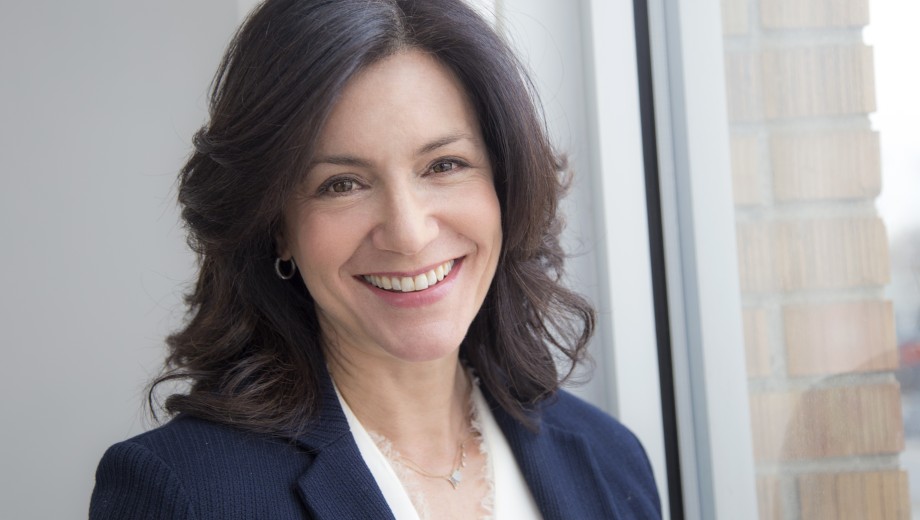Jacki Cooper Melmed, AM’94, arrived at UChicago planning to pursue a career in academia, but in the end, she couldn’t resist the pull of her home state. Today she’s chief legal counsel to Colorado Governor Jared Polis, a role she also held under the former governor, now a US Senator representing Colorado, John Hickenlooper. Melmed previously represented clients in matters involving employment law, election disputes, land use, and intellectual property issues.
Melmed says her time at the University “had a profound effect on how I think and how I view the world. I’m a better thinker and writer because of those years.”
How did you decide to go to law school?
I had the good fortune of being friends with a law professor at the University of Colorado in Boulder—who is now our attorney general—and I spent a lot of time talking to him about it. He had an idea that the way I think and write and the analytical skills that I’d developed as a graduate student would translate fairly easily to law school.
And I hate saying this, but it’s true: after the University of Chicago, law school wasn’t that hard. I don’t mean to diminish in any way the difficulty of law school, but I was just so well prepared because of the rigorous analytical training.
You worked at two firms before going into politics. What was the transition like?
It was a little scary and a lot of fun. In private practice, you’d work on a single case for years and become an expert in something and spend hours and hours working on a single problem. And now my practice is much broader than that. I have to work and think a lot faster. It’s more a problem-solving and counseling type of practice than the advocacy practice I was doing before. It’s also more management focused. I have a staff that does a lot of the research and writing that we need done in our office.
What is a typical day for you?
Every day is so varied. In general, my team’s core responsibilities are to vet and interview all judicial candidates in the state, work on all of the governor’s clemency decisions, and look at every executive order and every piece of legislation before it’s signed by the governor. But I can’t predict from the time I wake up in the morning until my day is over what’s going to cross my desk. It can be new litigation that’s filed against the state that involves one of our agencies. It can be questions about our boards of commissions. It involves a lot of different decisions and issues, which makes it a lot of fun.
What is the best part of your work?
Being a part of the judicial appointment process is very rewarding. I’ve learned all about different corners of our state, and I’ve gotten to meet some really wonderful people through that process.
Seeing public policy get done and implemented in ways that have a direct benefit to our state is incredible. We have very progressive environmental policy in Colorado, and we have a wonderful business climate at the same time. We’re a growing and exciting state to be in, and part of that is because of the great work of these two governors.
I would imagine your work has been especially interesting and thorny during the pandemic. What was the last year like for you?
We had to work out the governor’s emergency powers in a way that we have not been called on to do in at least a century. We are used to emergencies like fires and floods that are limited in their geographic scope. This one was completely different. Trying to figure out exactly how far the governor’s powers extended and how to be judicious in the way they were used, but also to meet the demands of the pandemic emergency, was just incredibly hard.
I think we have an administration that was very careful and responsible. The governor did not want to take over state government. That wasn’t his goal. His goal was to respond appropriately to the pandemic and then get back to normal as quickly as possible. So, it’s been a whirlwind.
What advice would you give to someone unsure how to use their humanities degree?
Think about your skills as skills. It’s very easy to be cynical and say, “my degree is useless.” It’s not, because you’re developing thinking skills, writing skills, your critical faculties—and the sharper they are, the better you are. Have faith that the work you’ve put in to develop your critical thinking skills will help, and you can take those with you everywhere.

